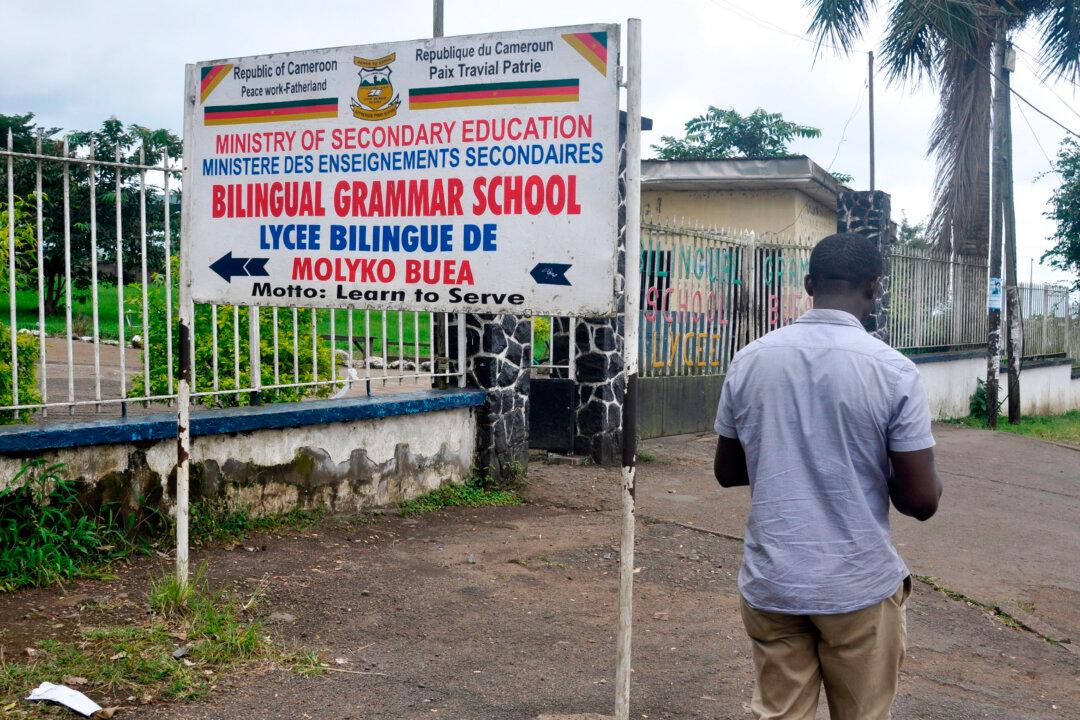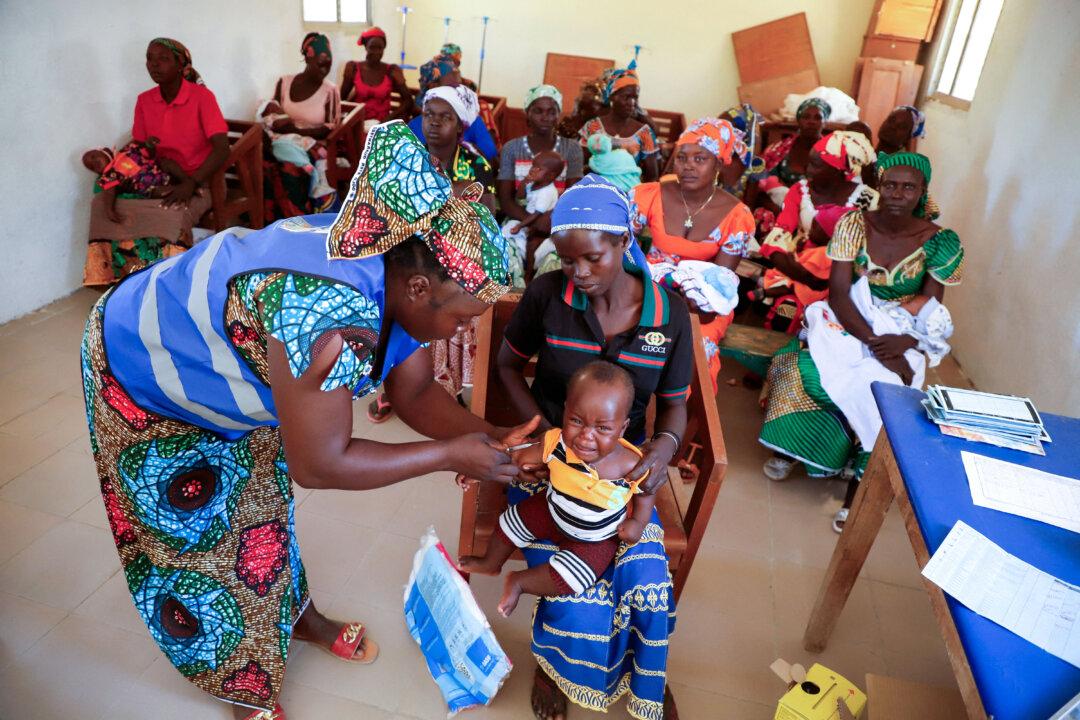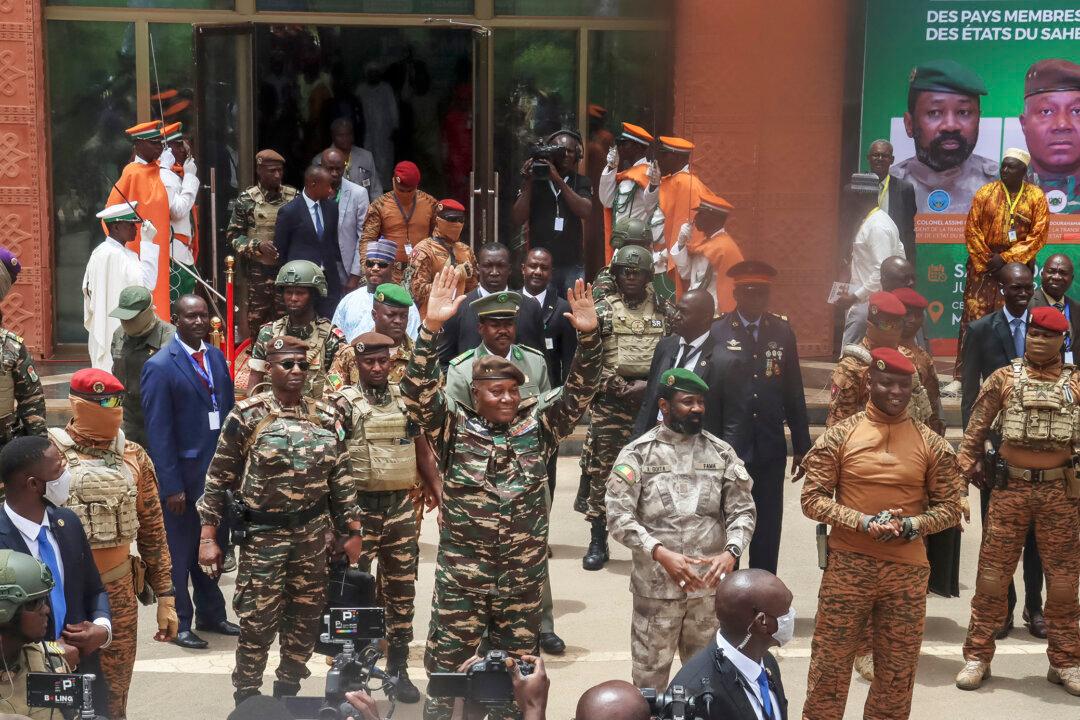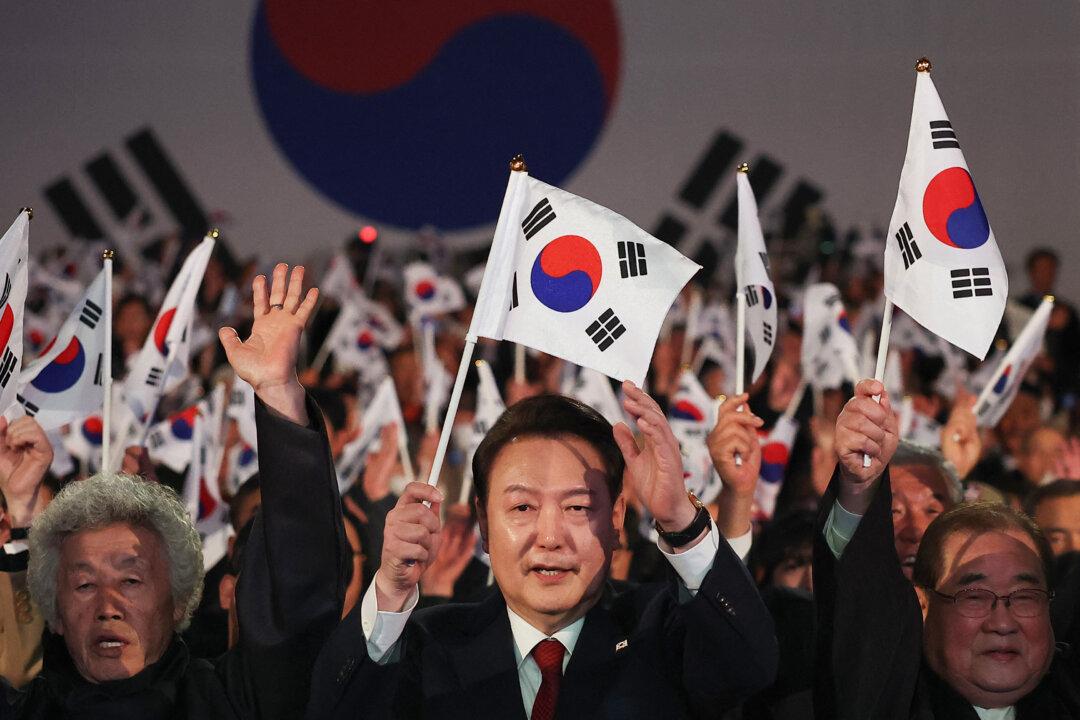Simmering tensions between two struggling communities in a remote area of southwestern Cameroon over the ownership of a fertile piece of land degenerated into a bloodbath on June 25, leaving at least 32 people dead.
In recent years, Bakinjaw and Mavas—two communities in the Akwaya district in Cameroon—have both claimed ownership of the disputed Ufambe fertile farmland. But the latest squabbles suddenly turned violent because of a war of secession raging in the area.





